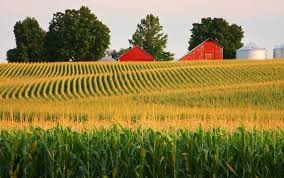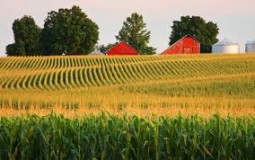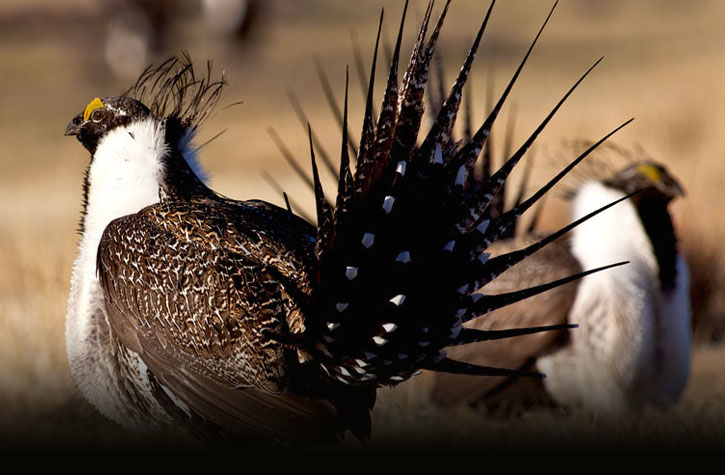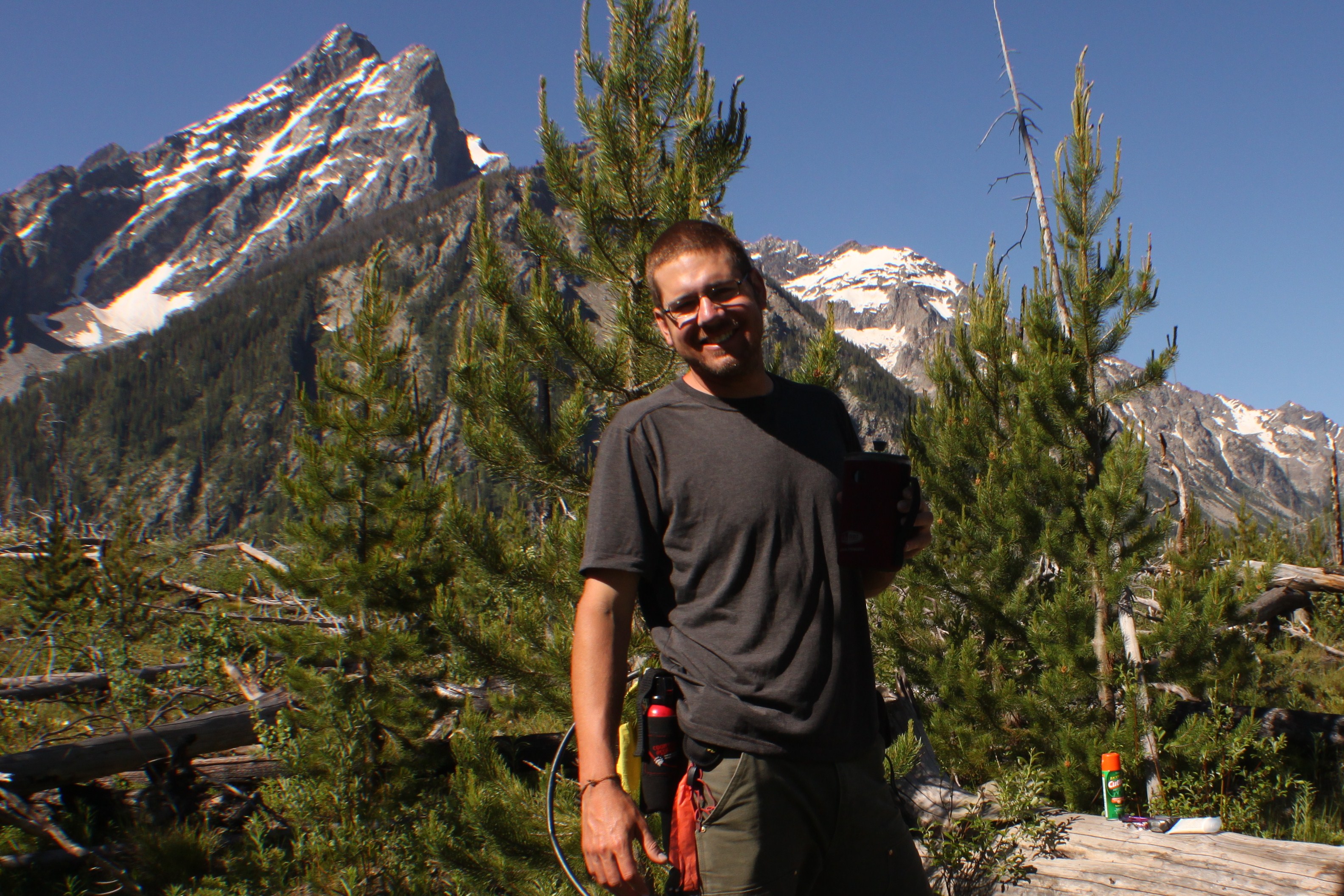 Climate Change & COP28 (start time: 1:30) A major global climate conference is taking place now in Dubai, amidst a year of record-breaking heat, wildfires, floods and more around the world. COP28 is short for the 28th Conference of the Parties of the United Nations Framework Convention on Climate Change. The aim of the conference is to have nations address climate change by pledging to cut greenhouse gas emissions (and actually following through), investing more in clean energy, and having richer nations help fund climate-adaptation measures in developing countries and especially vulnerable communities. Our guests today are Dr. Alice Alpert, a senior scientist at Environmental Defense Fund who previously served on the U.S. delegation to some COP conferences; and science journalist Tom Yulsman, who directs the Center for Environmental Journalism at CU Boulder.
Climate Change & COP28 (start time: 1:30) A major global climate conference is taking place now in Dubai, amidst a year of record-breaking heat, wildfires, floods and more around the world. COP28 is short for the 28th Conference of the Parties of the United Nations Framework Convention on Climate Change. The aim of the conference is to have nations address climate change by pledging to cut greenhouse gas emissions (and actually following through), investing more in clean energy, and having richer nations help fund climate-adaptation measures in developing countries and especially vulnerable communities. Our guests today are Dr. Alice Alpert, a senior scientist at Environmental Defense Fund who previously served on the U.S. delegation to some COP conferences; and science journalist Tom Yulsman, who directs the Center for Environmental Journalism at CU Boulder.
Hosts: Susan Moran, Joel Parker
Producer & Executive Producer: Susan Moran
Engineer: Joel Parker
Listen to the show here:
Podcast: Play in new window | Download (Duration: 26:44 — 24.5MB)
Subscribe: RSS







